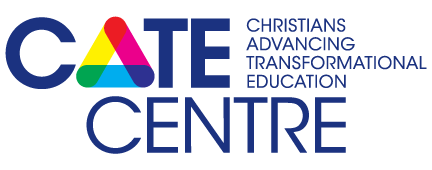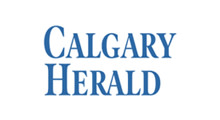The recent throne speech and provincial budget in Alberta commit to increasing the variety and types of schooling available to Alberta children — pluralism in education, in other words. The changes promise to make it easier to start charter schools and to ensure home-schooled children with special needs get the supports they need.
The recent throne speech and provincial budget in Alberta commit to increasing the variety and types of schooling available to Alberta children — pluralism in education, in other words. The changes promise to make it easier to start charter schools and to ensure home-schooled children with special needs get the supports they need.
This is a good thing.
Even so, skeptics were quick to respond to the proposals by claiming the changes undermine public education. This is simply not true. Government-run, public schools are not the only kind of publicly funded education in Alberta. Public and separate schools, charter schools, certain independent (private) schools, and home-schooling options are all publicly funded to varying levels.
It is important to say what we mean, and mean what we say when speaking about public education in Alberta. While most students attend government-run schools, the numbers for charter, private and home-educated students are significant. In 2020-2021, approximately 10,000 students attended charter schools, 38,000 attended independent schools and 24,000 were home-schooled. These robust, publicly funded options (that pre-date the current government) recognize the diverse needs of students in this province. By funding them in different ways and to different degrees, Albertans recognize that allowing parents to find the best fit for their child(ren) is in the public interest. These options are all part of public education. Funding them or allowing them to expand will improve public education, not undermine it.
Different students thrive in different learning environments. Parents and teachers know this intuitively and from experience. We also see it confirmed in research that finds students do better in math and reading when there is a “good fit” between student and school. Often, this happens in a charter or independent school. However, critics view the possibility of preferring one school over another as a threat to public education. Again, this is simply not the case. A charter school is by definition a “public school that provides a basic education in a different or enhanced way.” Charter schools receive the same level of per-student funding as government-run schools. Certain independent schools that are accredited to provide special education or teach a heritage language receive some public funding. Some home education programs are also eligible for a portion of public funding.
While the government’s proposals on charter and home-schooling increase pluralism in the education system, there is still more to do. Alberta should move deliberately to expand the independent school sector. Contrary to some stereotypes, the data show that most parents who choose independent schools in Alberta are more likely to earn under $90,000 per year. Alberta parents choose independent schools for various reasons including the supportive learning environment, safety, and the kind of curriculum offered. Let’s also remember that most independent schools in Alberta are operated by non-profit organizations, charities or religious organizations. In fact, to receive taxpayer funding, they must be not for profit.
Meanwhile, all of us benefit from the independent school sector. Research shows that graduates of independent and home-schools demonstrate greater civic engagement and volunteerism. And expanding the independent school sector would also put Alberta in line with most European nations. OECD data demonstrate that having more publicly funded, non-governmental schools actually reduces economic inequality. Some of the primary examples of this are the Netherlands, Finland and Sweden. This means most European nations have found a way to reduce social divisions by making more school options affordable for more families, even those with low incomes.
Alberta’s current funding model recognizes that all kindergarten to Grade 12 education is public education. But the current debate around public education does not. Instead of pitting certain types of schools against others, we should allow different types of schools to grow and flourish. More pluralism, not less should be the order of the day — for our students and ultimately for our society.
It’s better for everybody.
Michael Van Pelt is president and CEO of think-tank Cardus.

 By
By